Recent attention to the country’s meatpacking plants has illustrated that when the four dominant companies face disruptions to processing, smaller, independent operations don’t have adequate capacity to pick up the slack.
That’s part of the reason the federal government has decided to invest in upgrades to some of those local shops. Plus, when those smaller businesses are federally inspected, producers will be able to market their own branded meat products across state lines.
Still, it will be a tall order to compete in the marketplace, which several senators allege is already not operating in a transparent and consistently fair way.
The White House has put out a comprehensive plan to improve competition in the meat sector, specifically naming as priorities increasing and diversifying processing capacity, improving farmer and rancher income, and promoting state, tribal and private investment. USDA already has awarded $32 million from its Meat and Poultry Inspection Readiness Grant (MPIRG) program, intended to help meat and poultry processing businesses expand, improve or update their abilities.
“It’s big providing the dollars. It’s not a small action, it’s a big action,” Sen. Jon Tester, D-Mont., told Agri-Pulse. “We also need to make sure that folks aren’t violating the antitrust laws that we have in this country.” Tester said industry consolidation that has led to the four large companies controlling about 85% of the beef market is devastating small farms and ranches. “I’ve got cow-calf operators that are going broke because of that consolidation.”
Tester, one of the few farmers in Congress, joined Sens. Chuck Grassley, R-Iowa, Deb Fischer, R-Neb., and Ron Wyden, D-Ore., in sponsoring the Cattle Market Transparency Act with the goal of improving price discovery and ensuring transparency so the large companies are held accountable. That could mean better prices at…
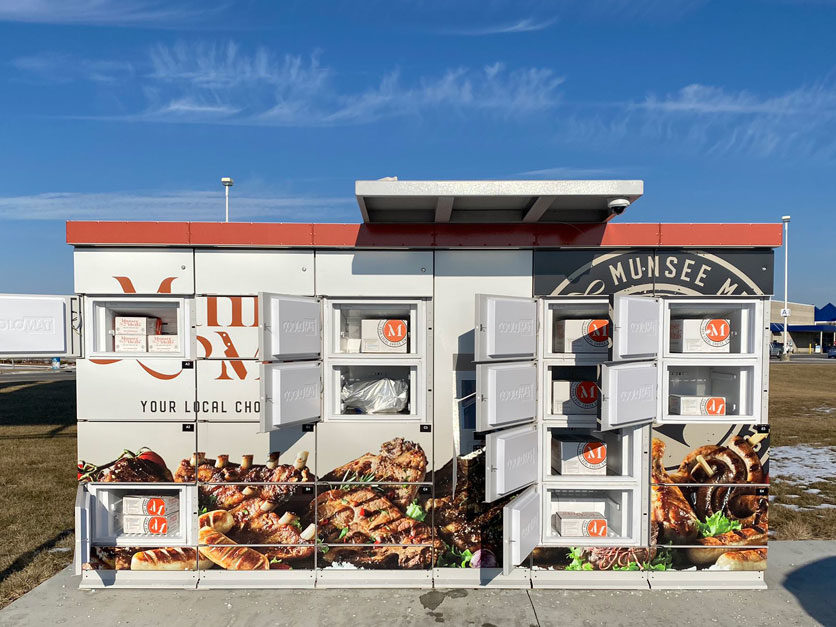
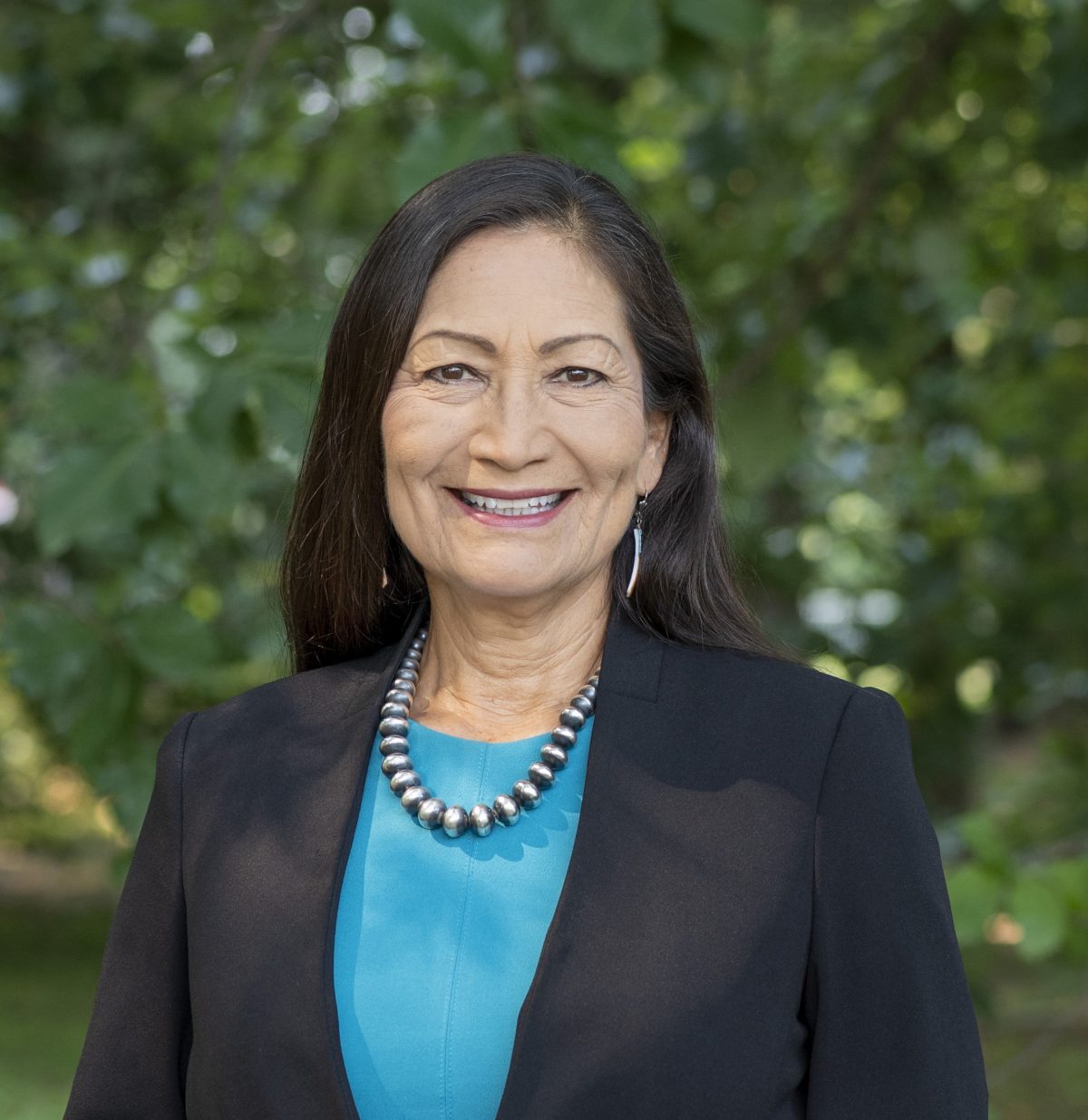
 Interior Secretary Deb Haaland
Interior Secretary Deb Haaland



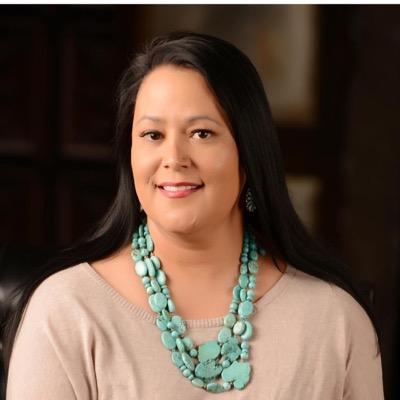

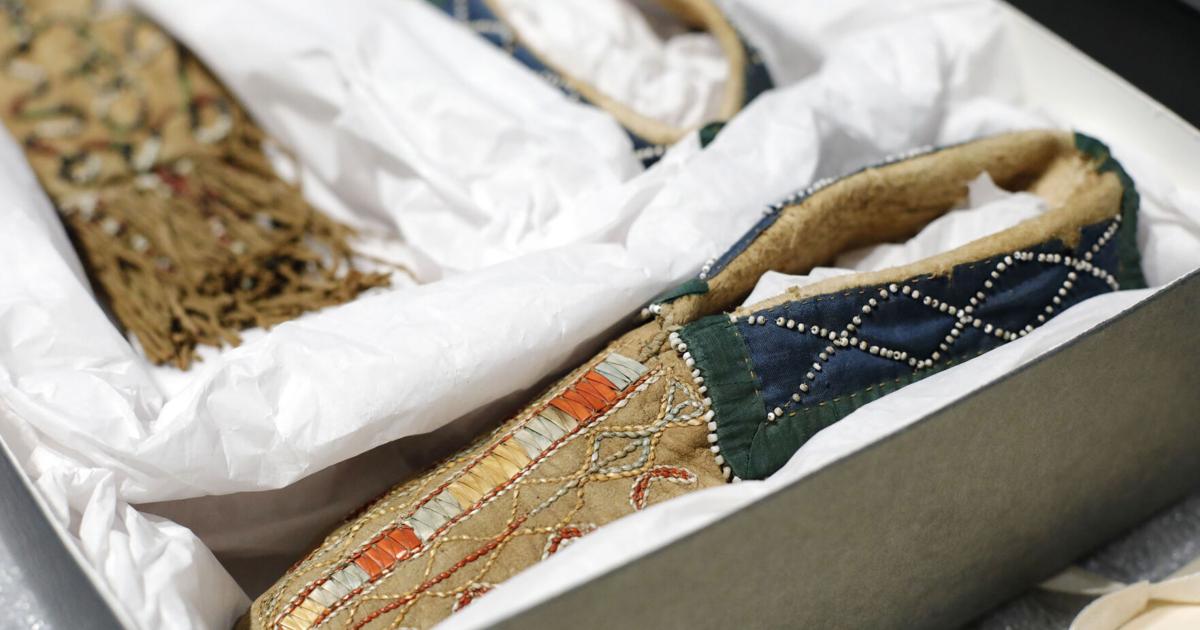
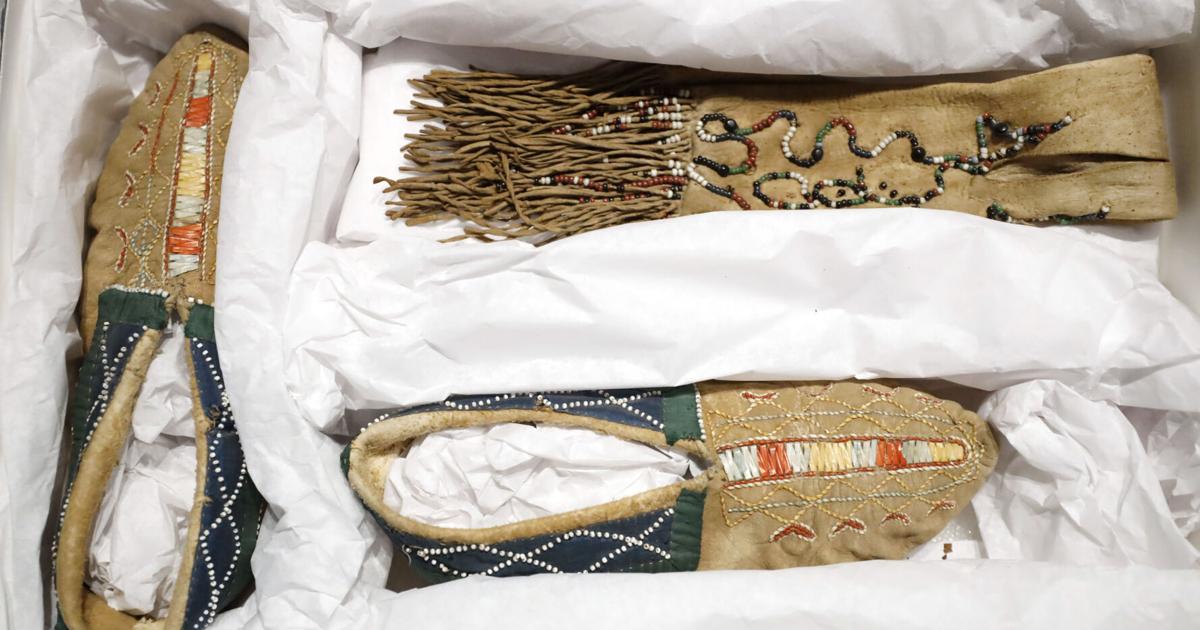

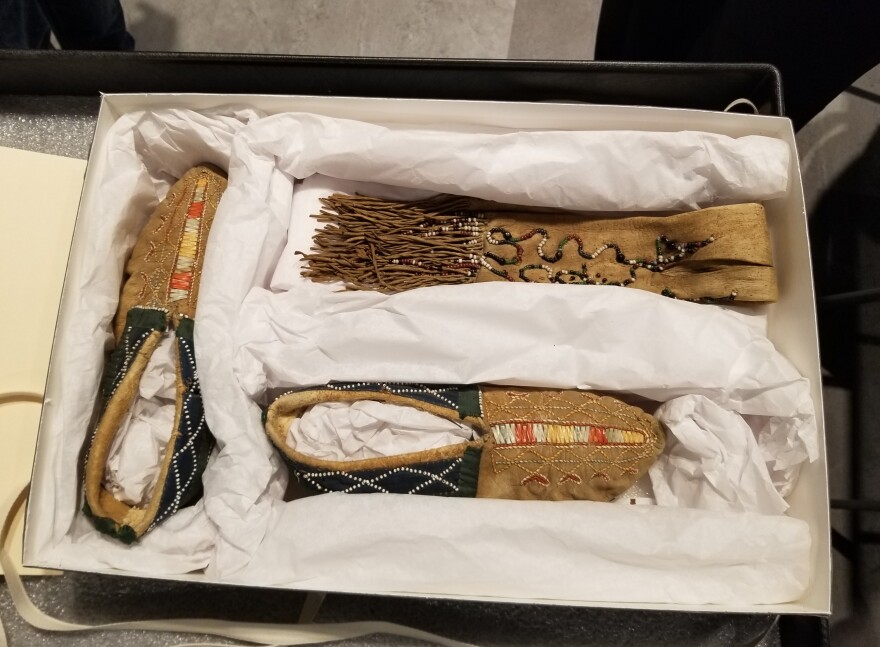 The 17th century moccasins and wampum bag.
The 17th century moccasins and wampum bag. 
